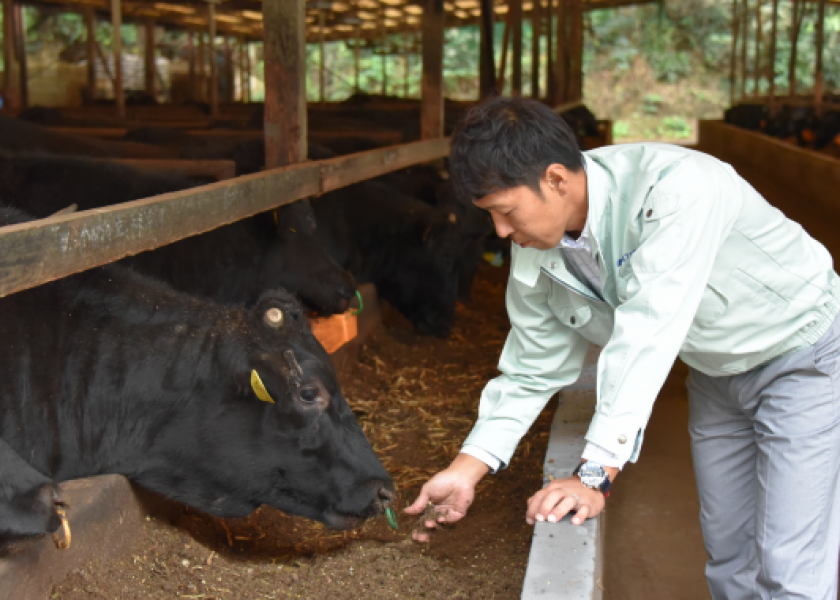U.S. Agrees To Lower Tariff Quota On Japanese Beef

Four months after announcing a trade agreement lifting longstanding restrictions on U.S. beef exported to Japan, the U.S. has agreed to increase its low-tariff quota for Japanese beef shipped to America.
According to a report in the Japan Times, the U.S. has agreed to the expansion of the low-tariff quota, citing “sources close to” bilateral talks between the two nations.
The current quota is 200 tons per year, after which a 26.4% tariff is levied on quota-exceeding exports to the U.S. While it is not known by how much the quota will be expanded, Japan will be able to send more beef to the U.S. at a duty rate far below the 26.4% rate. The United States levies an import duty of 4.4 cents per kilogram on the first 200 metric tons of Japanese beef each year.
Japan exported 421 tons of beef worth ¥3.3 billion ($31 million) to the United States in 2018, showing fourfold growth in five years.
Before the United States withdrew from the Trans-Pacific Partnership free trade pact in 2017, it had planned to set a 3,000-ton duty-free quota for Japanese beef and remove the tariffs completely in 15 years.
The Japan Times story said Japan will abolish tariffs on U.S. wine in seven years after a bilateral trade deal takes effect. Currently, Japan imposes a duty of 15% per liter on U.S. wine. Tokyo and Washington plan to finalize their trade deal when Prime Minister Shinzo Abe and U.S. President Donald Trump meet in New York later this month.
Related stories:







